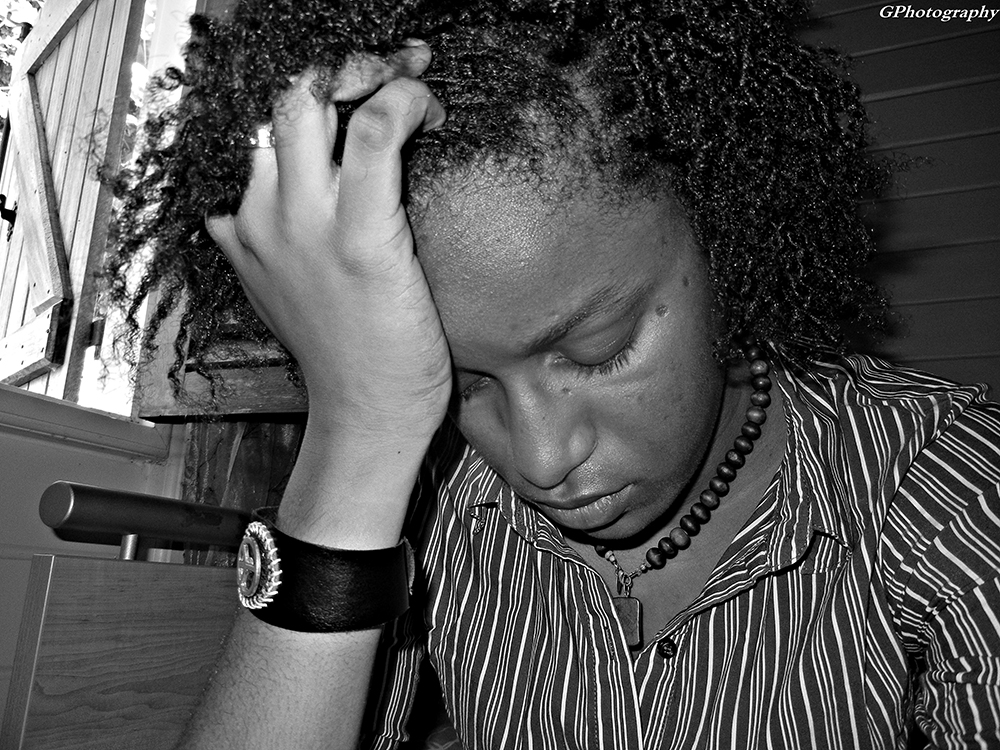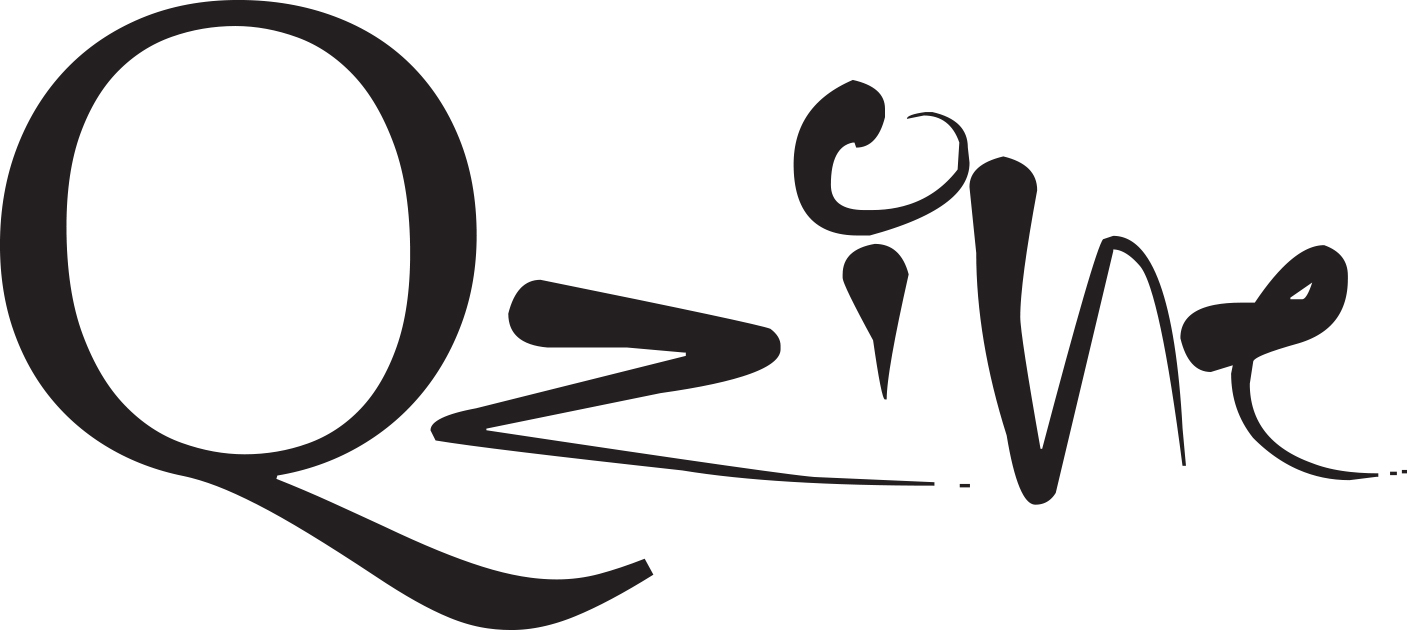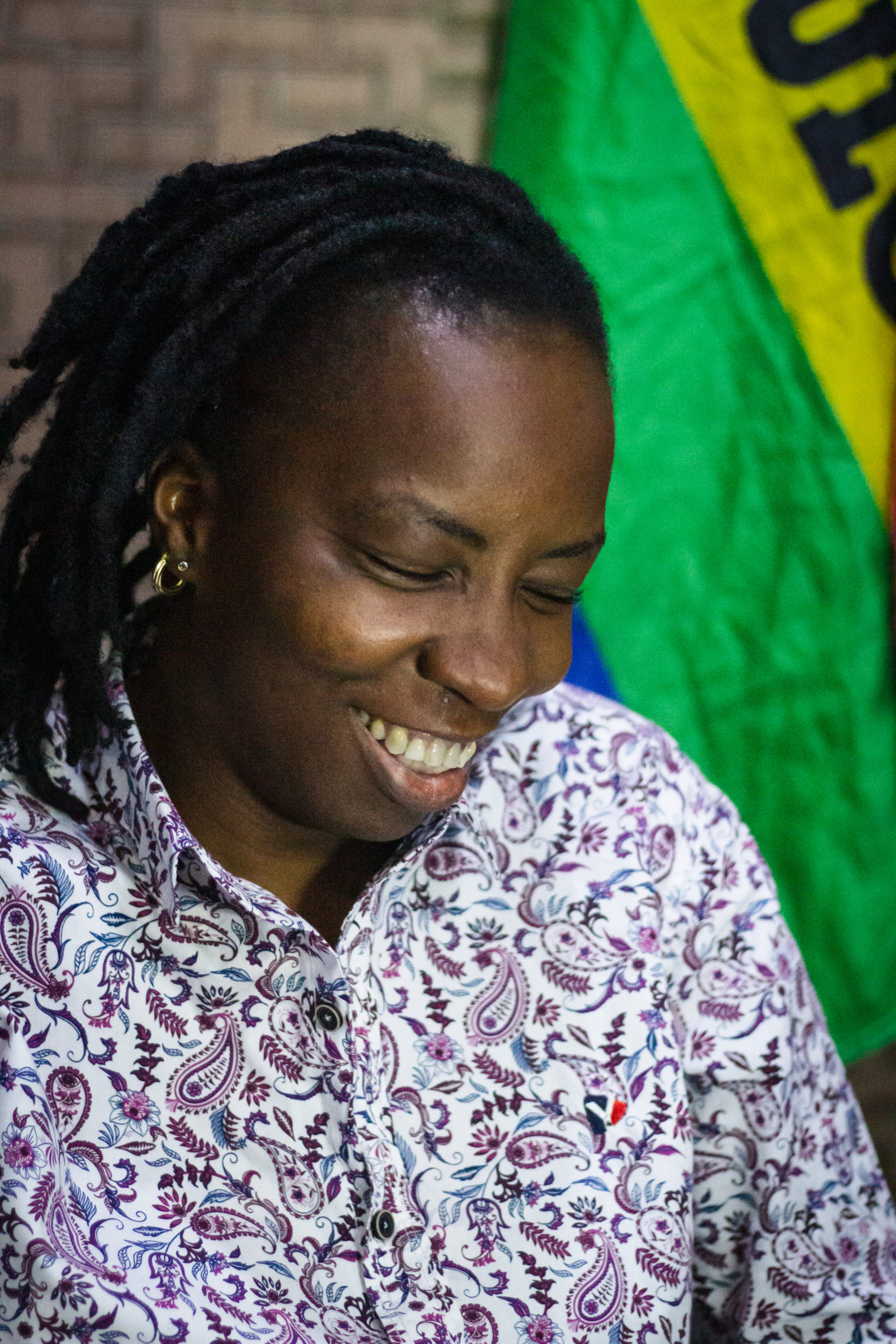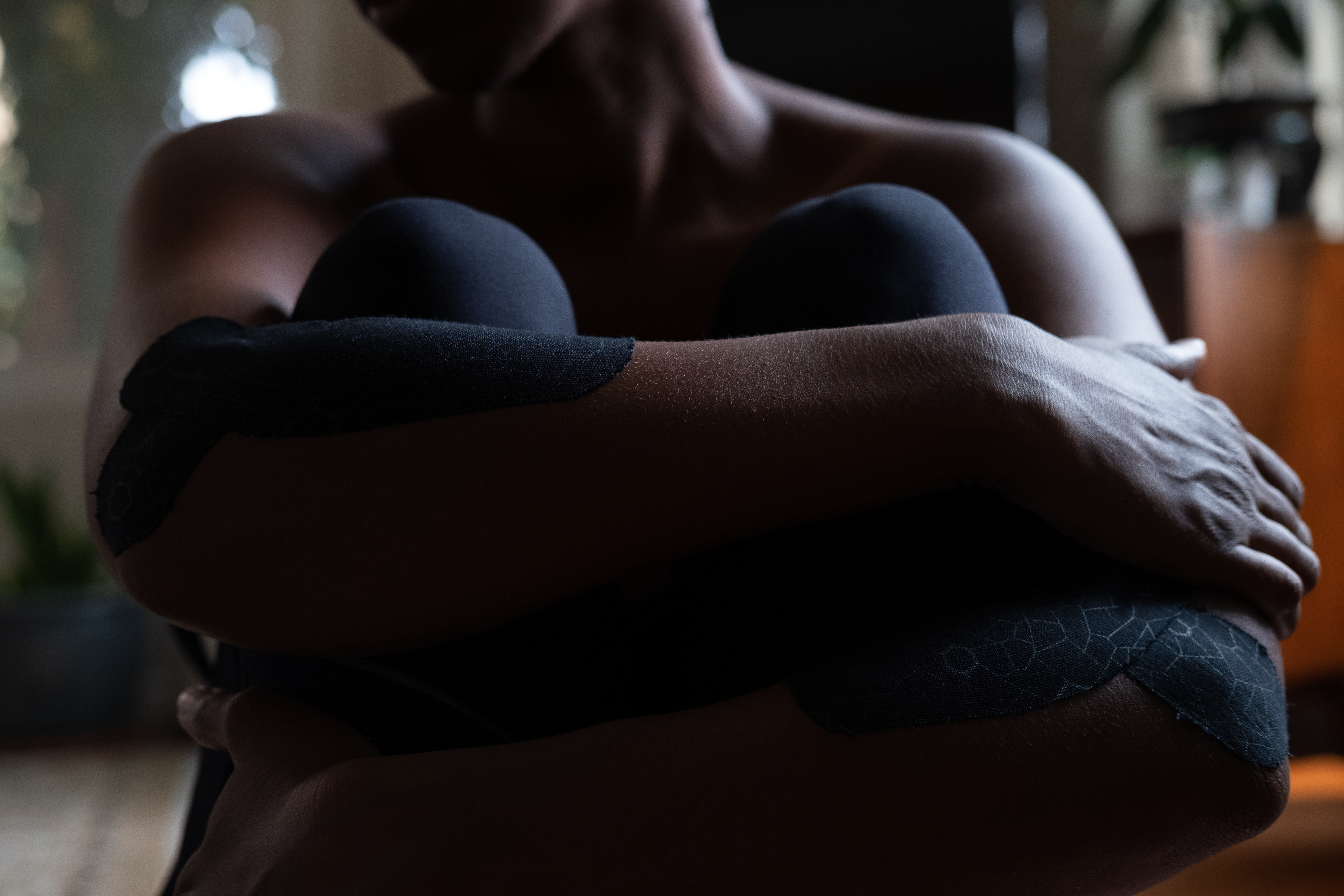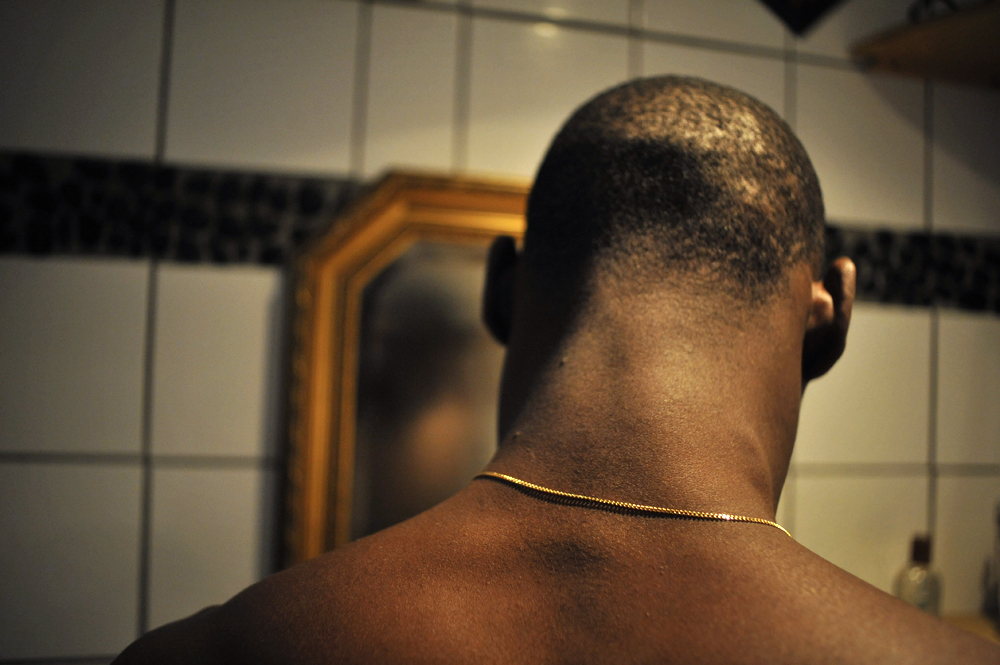Oze’N – Be in the Moment
A conversation between Cases Rebelles and Singer, Songwriter, Oze’N. Photos by GPhotography
Can you introduce yourself and tell us more about your musical background?
I’m a composer, singer and songwriter. I’m a bit of an introvert which led me to write down what I felt, things about my life, my relationships by and large – I think it was innate in me. I didn’t try to make music; some friends of mine offered me a notebook and that’s how it got started, writing and writing, adding up in it little by little. And then in 2012 I came to France again, met people and was given the opportunity to go on stage – since then, I’ve been on and off stage for over the past two years. It’s not a kind of music that is trendy in Martinique. I play what is referred to as “world music” not to be labeled or boxed in a given style. Music-wise, I’m some sort of Jack-of-all-trades. My various influences make me evade categorization. I belong to the indie scene and I’d like it to remain like that because I think we enjoy more freedom. I prefer making music for music’s sake in order to express myself. Besides, I think it more worthwhile than pre-made music some sell like hotcakes.
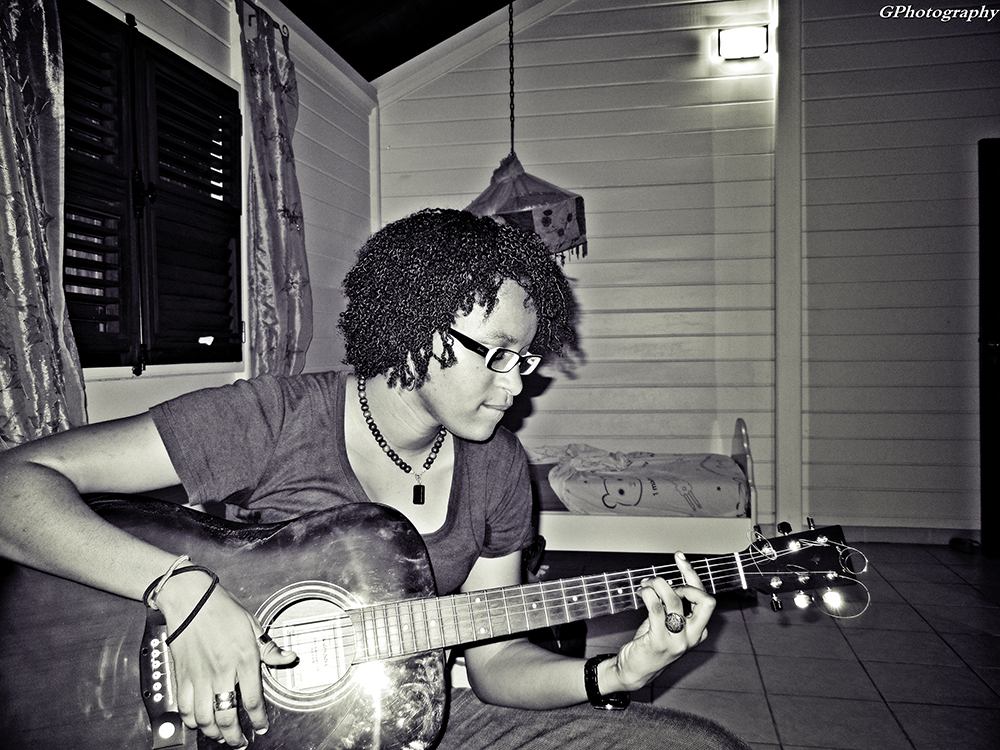
What are your musical influences and do they include Caribbean music?
It depends on the songs. You mention Caribbean influences but it didn’t matter that much to me. I believe, as black people, our roots are not really in the West Indies because we are not West Indians. West Indians are originally the Arawaks, unlike us who were taken from Africa. For sure there’s such a thing as a West Indian cultural identity, but I think our real identity lies in the Afro culture itself as it emerged from slavery in the US for instance. That’s the kind of Afro-American culture I was rather attracted to because it was closer to my roots. I tapped into this culture, listening to soul, blues, jazz, and it was hard enough a stance to take among young people who were more drawn to dancehall. Some people criticize me for, “not playing zouk because you are West Indian after all…” Well, no, it’s not as simple as that. Just because I’m West Indian, it doesn’t imply that I’m going to make dancehall or zouk music. Same with my hair – sporting dreadlocks doesn’t mean I’m gonna play reggae. I’ve tried to keep prejudices away and forced myself to flee preconceptions. Likewise, I tend not to pay too much attention to the musical directions I’m given. This is how I nurture my own influences. So I would listen to Tracy Chapman or Annie Di Franco who deeply, deeply moved me. I still enjoy her sounds and the way she composes is brilliant. I’m short of words to tell how much I admire her! Should I meet her someday, I’d get the kick of my life. But there are also Salif Keita or Bobby Womack. I listen to more recent artists as well like Irma or Asha. Surprisingly enough, I also listen to dub music with artists like Skrillex. These are kind of crazy sounds but I really like to spice up my music with a little craziness here and there – you know, like funk, ragga or reggae when it blends nicely. But when it comes to Caribbean sounds I rather stick to the oldies than recent stuff. When I was young at home we used to listen to Teri Moise, Tracy Chapman, Francis Cabrel but also classical music.
You mentioned Annie Di Franco who sometimes played music with a rather poetic or spoken-word ring to it. Does this evoke anything to you?
Slam poetry, yeah, is really something I’m interested in. I did some and wrote a few of them. I attended a slam poetry workshop for a short while and I do pay extra attention to rhymes. Even in English I try to make it rhyme and conjure images because I think they convey meaning in a more beautiful way than plainly stating things as they are. I use images because it enables direct access to what is meant.
But when I’m writing I cannot say to myself, “Well, now I’m going to write a song.” Either it flows naturally or it doesn’t come at all. I don’t like to overdo it or rush things. It has to come naturally. I like simple things. Kind of a, “it had to happen and that’s the way it is,” period, without over processing it, or else it’s no longer pleasurable but rather done out of necessity.
You sing in English and in French. Which language do you feel most comfortable with?
In English because I mainly listen to songs in English and I appreciate the musicality of the language. Plus, singing in a foreign language is a way to protect myself because I think people won’t necessarily catch the meaning. Thus they won’t read into me like an open book. Singing in French, I sometimes get the feeling I’m telling too much too fast about myself. When singing in English I’m hiding away a little. It’s my last refuge in a way. That’s something people criticize me for – since I mostly perform in France, they say, “but still, sometimes we don’t get what you mean.” So, maybe I should write in French even though it doesn’t come to me naturally. I’m Francophone but I prefer singing in English.
We got to see you on stage for the first time last night. You were the first to get on stage, you were by yourself and the audience was seated quite a distance from you but it wasn’t long before you established a bond. You seemed rather comfortable for “an introvert” as you put it.
I may seem comfortable on stage, but, really, I’m not. I don’t know how people take in what I sing or how it gets across. And once my song’s over, there’s always a short silence and I feel like saying, “Hey guys, the song’s over now!” (Laughter) So, I’m not sure I should take it as a good or a bad thing; I dunno.
As this silence is lasting, I usually wonder, “Maybe they share the silence I experienced while writing the song,” but at times I think, “Maybe they didn’t get my point at all.” (Laughter)
So, What am I supposed to do? Explain things? It’s always the same situation when I try to explain. I’ve got a problem with words – I can’t find the right ones, except in songs. So saying what I meant in a given song is sometimes tricky.
Last night a guy came to me after the gig and told me he felt carried away as you were saying. That’s when it has a therapeutic effect: realizing that some people can bond over a song. Sometimes it feels good not to be alone on your own trip. That’s what’s interesting and the beauty of it all.
I think listening to music for music’s sake only, being carried away and being in the moment, that’s the real experience! It means sharing emotions, stories, truths and commitments and that’s what it’s all about to me.
And what about the future?
To play as much music as possible, to record a short EP and hopefully things will move smoothly from there. It’s cool to let things out in a recording studio, you know, it frees up my mind. I’ve been performing on and off for two years, so now I really intend to do it more and more, to get together with people. I’ve found a bass guitarist. It’s not that easy to find musicians with whom it clicks right away, with whom you share the same musical philosophy – as well as sound-wise, and also open-minded enough when it comes to sexuality. I mean, some people pretend they don’t get you’re gay and once they’ve realized it they go, “My oh my” and without telling you straight away they pull the rug from under your feet, telling you, “I can’t rehearse today”, “oh no it won’t work out like that” and in the end “you should pay me for this because… you know… I didn’t know you were gay,” like, “That’s shocking!” Sometimes you come across people who are OK with it but lacking in skills or inspiration.
But I’m not in a perpetual fight to “be accepted, tolerated or respected.” I’m just as I am, just like others happen to be heterosexual, except I make music. Why then my being gay is that big a deal? Because we live in a society where this kind of difference is wildly overrated but it actually doesn’t mean much. As an artist you must manage to be judged solely as such and not as an artist who’s gay.
